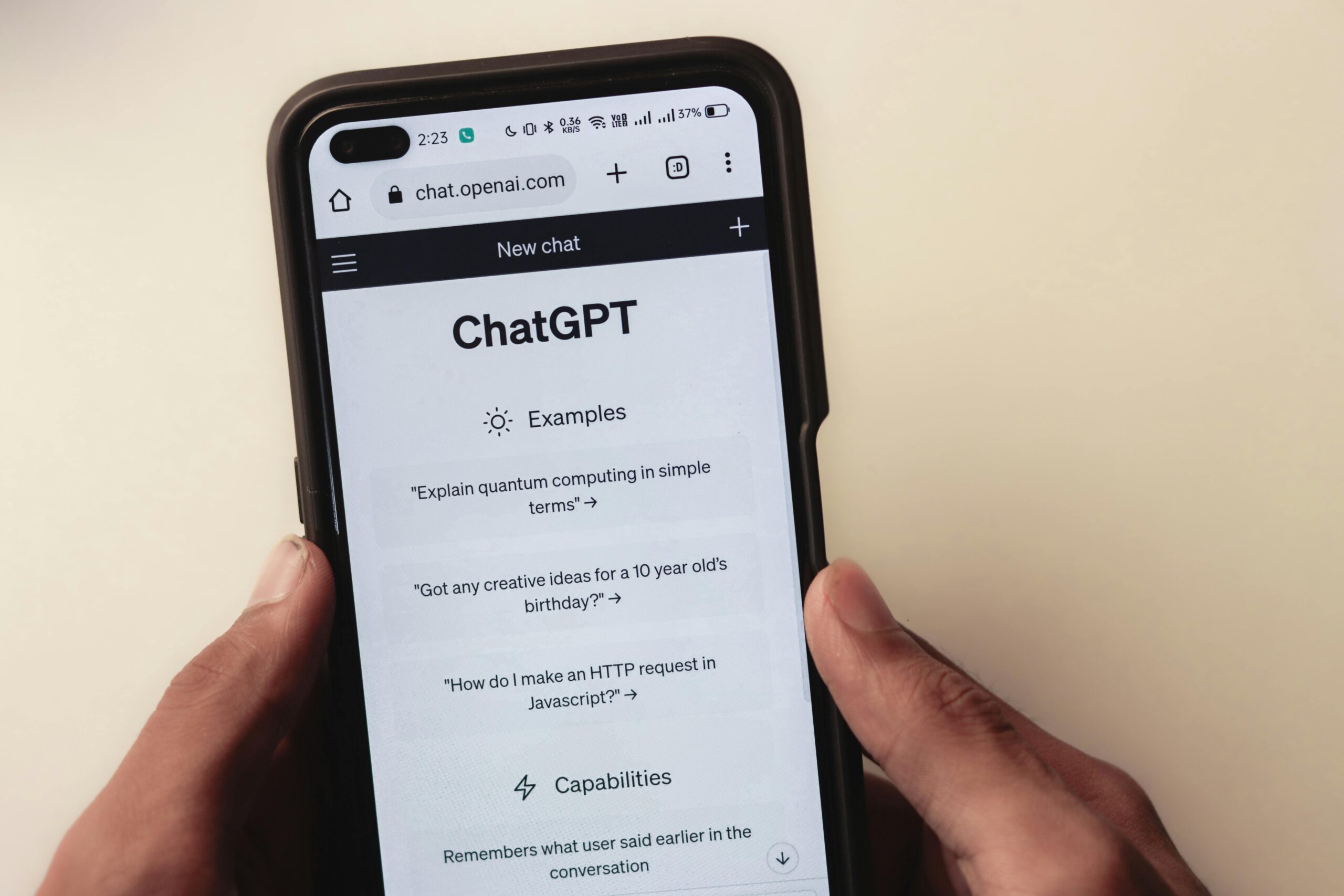T-Series, Saregama and Sony Music allege that the company used their songs to train Ai models, in a violation of copyright

Photo: Sanket Mishra/Pexels
India’s leading music labels such as T-Series, Saregama, and Sony Music, are suing OpenAI, alleging they have used their songs to train AI models without their consent. Filed in the Delhi High Court by the Indian Music Industry (IMI), this case is turning out to be a significant showdown between AI technology and the music industry, raising serious questions about copyright, creativity, and fair compensation for artists.
Music labels say OpenAI has been pulling lyrics, compositions, and recordings from the Internet and using them to train its AI without licensing them. That means artists, composers, and producers aren’t getting credit or payment for their work. The Delhi High Court, which has sought a response from OpenAI, will hear the entire case on Feb. 21, 2025.
The lawsuit builds on an earlier case from last year, when Indian news agency ANI sued OpenAI for using its articles without approval. Since then, some of India’s biggest media companies, including those backed by industrialists Mukesh Ambani and Gautam Adani have joined the fight, demanding clearer rules on how AI companies use copyrighted content.
Music is not just entertainment in India, it’s also business. The world’s most-subscribed YouTube channel, T-Series, publishes nearly 2,000 tracks each year. Saregama, established over a hundred years ago, on the other hand, retains rights for some of the legends such as Lata Mangeshkar and Kishore Kumar.
If AI can simply scrape music off the internet and reuse it, record labels are worried that artists and songwriters will miss out on royalties and eventually, their livelihood.
“This isn’t just about one company using our songs. It’s about whether AI companies can take creative work without asking, without paying, and without crediting the people who made it.”, said an industry source familiar with the case.
OpenAI, backed by Microsoft, says it only uses publicly available data and follows copyright laws. But similar lawsuits are popping up worldwide. In Germany, a music rights group sued OpenAI for allegedly using song lyrics without permission. In the U.S. and Europe, publishing houses and media companies are also pushing back.
The next hearing is set for February 21, and the verdict could set a precedent for how AI companies use copyrighted content in India. Meanwhile, OpenAI’s CEO Sam Altman was in India last week, meeting with government officials to discuss AI development. But with mounting legal challenges, OpenAI’s future in India is looking increasingly complicated.
As AI continues to shake up the creative world, the battle between technology and artistic rights is only getting started. And for India’s music giants, this fight isn’t just about business, it’s about protecting the people who make the music we love.
Mumbai singer-songwriter teams up with guitarist-songwriter Debanjan Biswas, with the video also including an appearance…
The trial of Frank Butselaar, who pleaded guilty to tax fraud, lifted the veil on…
The song will appear on Gomez's collaborative album with Benny Blanco, I Said I Love…
A judge ordered the rapper to pay a penalty and answer questions under oath in…
Premiering March 18, the film will explore the aftermath of Wade Robson and James Safechuck…
Check out our verdict on recent releases by funk/groove act Juxtaposed and ambient artist Eashwar…